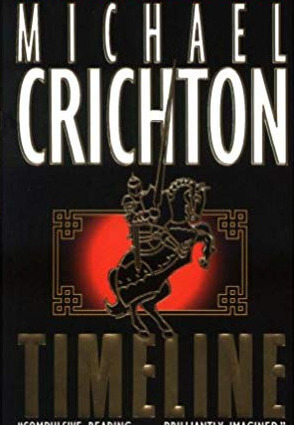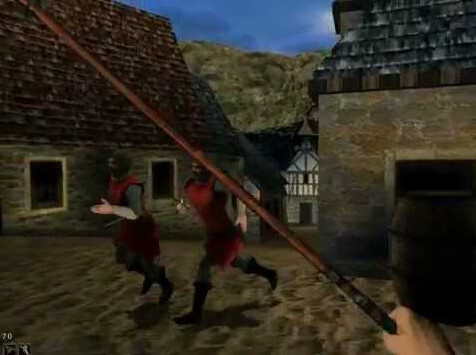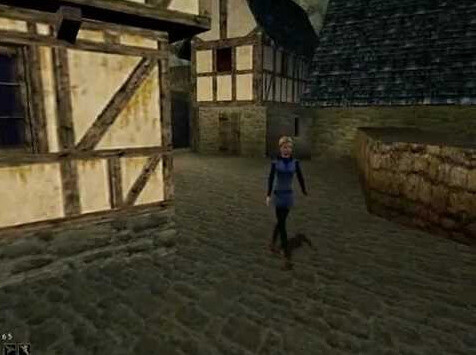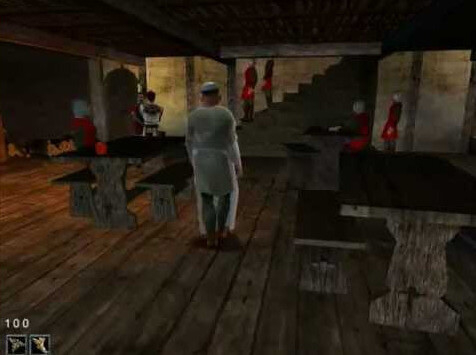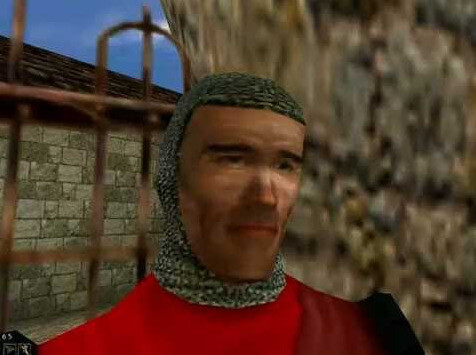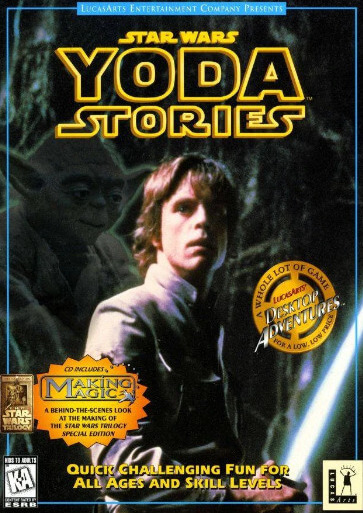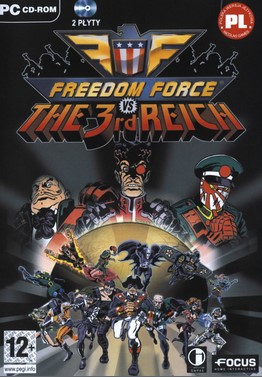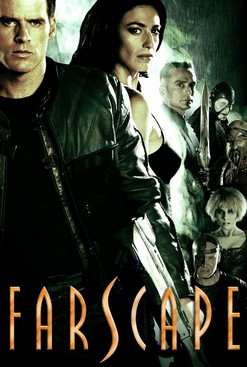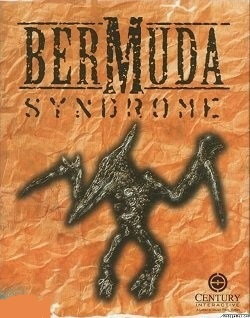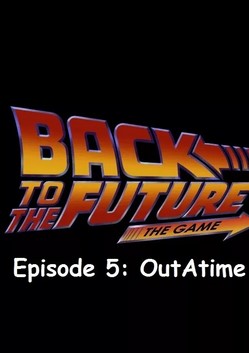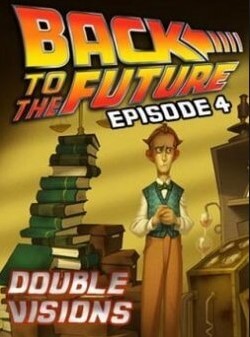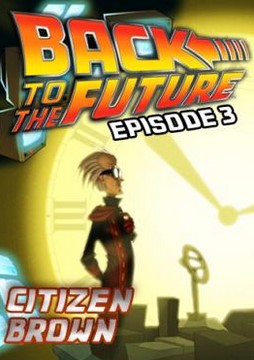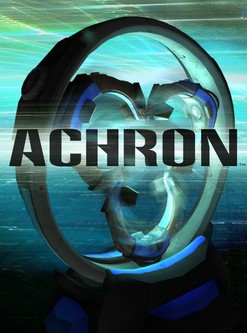In April 1999, Crichton announced the formation of his own video game development company, Timeline Studios, which would develop games based on Crichton's previous projects. In May 1999, publishing company Eidos Interactive announced that it had invested a stake in Timeline Studios as part of a publishing deal. Development began that month on Timeline's first project, an unspecified video game planned for the first half of 2000. On June 21, 2000, Eidos announced that the company's first game with Timeline Computer Entertainment would be Timeline, based on Crichton's 1999 novel of the same name. Eidos had hoped that Timeline would break new ground with its emphasis on diverse environments, interactivity, and story.
Crichton worked on the game as director and as a game designer. Crichton often held video conferences with the development team to approve and disapprove of gameplay elements. On the game's official website, Crichton described Timeline as "a game for people that don't usually play games." The development team hoped to create a game that would be easy enough for new players, but still challenging enough for more experienced players. Paul Wirth, a producer on the game, said, "One of the design objectives was making it so the average person could finish the whole experience." An orchestral score was composed for the game by Bill Brown. Timeline was released on November 10, 2000. Copies of the game included a free copy of the novel. Timeline was the only video game developed by Timeline Computer Entertainment.
Reception
According to Metacritic, Timeline received "Generally unfavorable reviews", with a score of 41 out of 100. Several reviewers criticized the game's character, Kate, for providing hints to the player throughout the game. According to Mark Asher of GameSpy, Timeline was a "sales flop". Its developer closed after its release.
Michael Tresca of AllGame criticized the game's short length and the "mediocre" sound effects, but noted the "exceptional" music. Tresca wrote that the arcade sequences, "While a refreshing change of pace," can become repetitive, particularly because of the game's "imprecise" controls. Considering that the game is about knights, Tresca expected more sword combat: "What little there is, though, is really nothing more than a simple button-clicking exercise. Even then, you can't actually kill anyone. These elements make gameplay seem artificial within the story's context." Tresca concluded that Timeline ultimately "seems less like a time-travel experiment gone awry and more like a game design gone bad. The battles, the excitement, and the potential mix of science fiction with history, is all lost in a stilted game environment that was obviously crafted by Crichton's vision of what the game should be vs. the ultimate goal of creating a good game."
Jonathan Houghton of The Adrenaline Vault wrote that overall, Timeline "just doesn't stand up as anything more than a slightly entertaining diversion. Though there are minor problems with the graphics system, control scheme and interface, the primary drawback is that an experienced player can fly through it in around three hours and thirty minutes." Houghton, who praised the novel, felt as if he "had been robbed of what promised to be a wondrous encounter. Why Mr. Crichton felt the need to remove more than half of the storyline, I suppose we'll never know. Timeline ends up being another one of the many botched translations from a truly great piece of literature." Houghton noted that the game's tour mode "is especially interesting" for history connoisseurs, but wrote that most longtime players would likely be "sorely disappointed by the un-involving plot and quirky control scheme."
Ron Dulin of GameSpot praised the voice acting and "fairly good though somewhat bland" graphics, and wrote that "it's hard to understand what Timeline is supposed to be. It borrows good ideas from many different action games, but it isn't very fun. It's based on a lengthy page-turner; yet, it manages to include very little story of its own. And it is so short and easy that it seems like little more than a tutorial for a better game." Dulin wrote that the game's diverse chapters made it seem as if Timeline "is just a collection of scenes from different action games." Dulin felt that the game's most disappointing aspect was its "almost complete lack of story," stating that without reading the novel, "it's doubtful you'll have any idea why anything is happening, who any of these people are, or, most importantly, why you should care."
